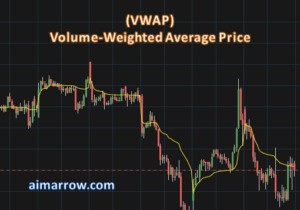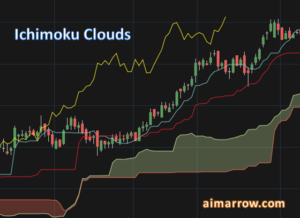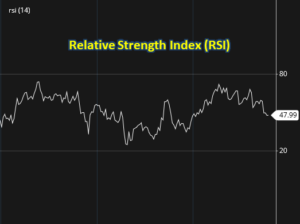Where to Invest?
One has to choose an asset class to invest, depending on the risk they’re willing to take and the reward/return they’re expecting. An asset class is a category of investment with particular risk and return characteristics. The following are some of the popular types of investment options available:
- Real Estate
- Precious metals and stones
- Fixed income instruments
- Mutual Funds
- Equity
- Business
Real Estate:
Real Estate means property consisting of land or buildings.
It involves buying, selling or renting commercial or non commercial lands or buildings. The income from real estate investments will be through Capital appreciation of the investment amount or rental income.
Lot of money is required to invest in real estate. There is no official metric to measure the returns generated by real estate and the time it takes to generate decent returns. However, history suggests that real estate can give you good returns over long term.
Precious Metals & Stones:
Investments in precious metals like gold and silver, and stones like diamonds are considered one of the most popular investment avenues. One can choose to invest in the form of bullion bars, jewellery or Exchange Traded Funds (ETF). Gold and silver over a long-term period has appreciated in the past.
Investments in these metals have yielded a CAGR (Compound Annual Growth Rate) return of approximately 8% over the last 20 years. However, investing in precious metals fares poorly when compared to real estate or shares, on the basis of real inflation adjusted returns. This form of investment hardly carries any risk.
Fixed Income Instruments:
Fixed income instruments or securities provide returns on the amount invested in the form of interest payment, a coupon payment or preferred dividend on stipulated regular time intervals (monthly, quarterly, semi-annual or annual), and the capital/principal is returned when the security reaches its maturity date. The return on your investment is known in advance.
A fixed-income security is a debt instrument issued by a government, corporates or other entities to finance their operations. Fixed income instruments are an excellent choice for risk-averse investors seeking a secure, low-risk, guaranteed, stable source of income payments at predictable intervals. The returns earned through these instruments are comparatively low and generally do not beat inflation. However, some of these instruments are covered under section 80C and will reduce/save tax.
Here are some of the popular fixed-income investments:
- Fixed deposits – banks and companies
- Public Provident Fund (PPF)
- National Saving Certificate (NSC)
- Bonds
- Treasury bills/notes
- Fixed income mutual funds
- Fixed Maturity Plans (FMPs)
- Post office – monthly income schemes
Mutual Funds:
A mutual fund is a professionally managed investment fund that pools money from many investors to invest in, or purchase securities such as stocks, bonds, money market instruments and other assets. These investors may be retail or institutional in nature.
The fund manager allocates the funds and attempts to produce capital gains and/or income for the fund’s investors. A mutual fund’s portfolio is structured and maintained to match the investment objectives stated in its prospectus. The average mutual fund holds hundreds of different securities, which means mutual fund shareholders gain important diversification at a very low price.
Mutual fund units, or shares, can typically be purchased or redeemed as needed at the fund’s current net asset value (NAV) per share, which is sometimes expressed as NAVPS. Good mutual funds are less risky and have a history of producing decent returns in the long term.
Equity:
An equity investment generally refers to the buying and holding of shares of a listed company on the stock market or in an unlisted company by individuals and firms in anticipation of income from dividends and capital gains. Should an equity investment rise in value, the investor receives the monetary difference only through the sale of the held shares or if the company’s assets are liquidated and all its obligations are met.
When an investor invests in equity, unlike a fixed income instrument there is no capital guarantee. However as a trade off, the returns from equity investment can be extremely attractive. Therefore, both risk and reward are very high in equity investment.
Indian Equities have generated returns close to 15% CAGR (compound annual growth rate) over the past 15 years. Investing in some of the best and well run Indian companies has yielded over 20% CAGR in the long term. Identifying such investments opportunities requires skill, hard work and patience.
Business:
There are many different kinds of business investments and many ways to account for them. One may choose to invest in a business depending on their interests, capital they want to employ, expected return and the risk they’re willing to take.






